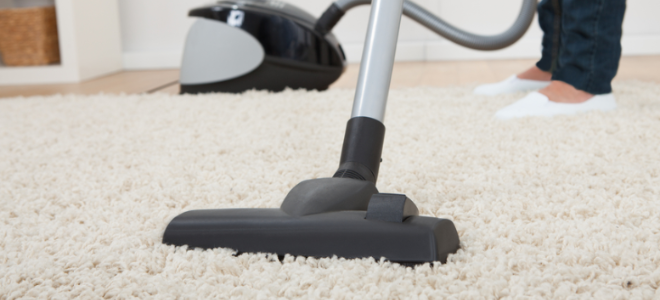Vacuum Cleaner Maintenance: Tips for Long-Lasting Use
Are you a clean freak? Or do you enjoy dust floating around your house? I guess not. Well, a good solution for having a clean home is investing in a vacuum cleaner. When it comes to the things a home must have, this is it!
But don't leave your vacuum lying around until your next general cleaning. Give it some love to keep it working best. Regular maintenance is key, even if you’ve got the fanciest vacuum out there. Want to know how to ensure it lasts longer than expected?
Here are some practical tips for vacuum cleaner maintenance
Cleaning Vacuum Filters
Each Vacuum has filters, which are essential for a vacuum cleaner's performance. But why are they important? They help in reaping dust and allergens. This means you will have fresher and cleaner air. But, these filters collect dust over time, which means they need cleaning.
Step-by-Step Filter Cleaning
Turn off and unplug your vacuum.
Locate the filter. The manual can help you if you are unsure.
Remove the filter. Be gentle to prevent damage.
Tap the filter. Knock off loose dust and debris.
Wash the filter with warm water and mild detergent. Let it air dry completely before reinstalling.
Replace the filter if it is damaged or very dirty.
Clean filters improve suction and ensure your vacuum works efficiently. Clean them every 1-3 months, depending on usage.
Checking and Emptying the Dustbin/Bag
A full dustbin or bag reduces a vacuum's performance. Regularly emptying it is essential. Below are some pointers on how to empty the dustbin;
Turn off and unplug your vacuum.
Remove the dustbin or bag (Follow your vacuum's manual).
Empty it into a trash bag (Do this outside to avoid mess).
Clean the bin or replace the bag (you can use a damp cloth for cleaning).
Reinstall it securely (Ensure it clicks into place).
Signs the Dustbin Needs Emptying
Reduced suction power.
Visible dust buildup.
The vacuum is leaving dirt behind.
Emptying the trash or changing the bag helps your vacuum work well and keeps the air clean.
Inspecting and Cleaning the Brush Roll
The brush roll gathers dirt from your floors. Hair and debris can get stuck in it, making it work poorly.
Vacuum Brush Roll Care
Turn off and unplug your vacuum.
Locate the brush roll ( it's normally found at the base).
Remove the brush roll cover (As usual, the manual is handy).
Wipe the brush roll and remove dust ( use a damp cloth)
Reinstall the brush roll and ensure it spins freely.
Normalize to clean your brush roll each month. Why? A clean brush roll will pick up dirt better and prolong its life.
Vacuum Hose Maintenance
A blocked hose can significantly affect how a hose works. Checking the hose often can help solve this problem.
Tips for Maintaining the Hose
Turn off and unplug your vacuum.
Detach the hose
Inspect for blockages ( shine light through the hose to check).
Clear any blockages with a broom handle or something similar to push out debris.
Check for damage. Replace the hose if it's cracked or torn.
Reattach securely to ensure all connections are tight.
Benefits of Regular Maintenance
Improved Performance
Regular maintenance keeps your vacuum working at peak efficiency. Clean filters and clear hoses mean better suction and more thorough cleaning.
Extended Lifespan
Taking care of your vacuum reduces wear and tear. This extends its life, saving you money on replacements.
Better Air Quality
Cleaning filters and bags improve the air in your house. They catch allergens and dust, making the air better to breathe.
Conclusion
Care for your vacuum like you would your child or even yourself. Any appliance helping you around the house should receive the attention and care it deserves. Invest in regular maintenance, and you will see your vacuum work its magic. Plus, your home will stay cleaner, and the air will be fresher. Your future self (and your clean floors) will thank you! And hey, who doesn't want an excuse to avoid bigger chores later on, right?



Comments
Post a Comment